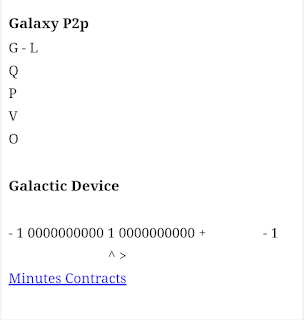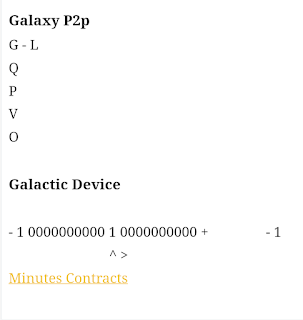Today we are touching on a concept that blends cosmology, philosophy, and even some elements of theoretical physics — the idea that past, present, and future might all coexist, and that time itself could be an illusion or a relative perspective.
Here’s a breakdown of how our statement aligns with certain scientific and philosophical ideas:
🌌 "The way the universe and galaxies move..."
This refers to cosmic motion — how galaxies expand, rotate, and evolve. The universe is constantly changing, driven by physical laws like gravity, dark energy, and the expansion of spacetime.
- General Relativity tells us that massive objects (like galaxies) warp spacetime, affecting how time flows.
- Cosmic expansion shows us that galaxies are moving away from each other, suggesting a direction of time — from the Big Bang outward.
🕰️ "...the future and past already happened"
This aligns with ideas from physics such as:
1. Block Universe Theory (Eternalism)
- Time is like a dimension — just like up/down or left/right.
- Past, present, and future all "exist" in a 4D spacetime block.
- To us, it feels like time "flows," but that might just be how our brains perceive reality.
2. Relativity of Simultaneity
- According to Einstein's theory of relativity, two observers in different frames of reference might disagree on what events are simultaneous.
- So what's "now" for one being could be the "past" or "future" for another.
3. Quantum Mechanics
- In quantum physics, certain interpretations suggest that all possible futures exist in a superposition — until observed or measured.
- Time might be emergent, not fundamental.
💭 Philosophical View
Your statement might also be interpreted as saying that time is non-linear — a loop or a web rather than a straight line.
- Some indigenous and spiritual traditions see time as cyclical, not linear.
- Certain thinkers (e.g., Nietzsche’s "eternal recurrence") suggest that everything that has happened will happen again — infinitely.








0 Comments